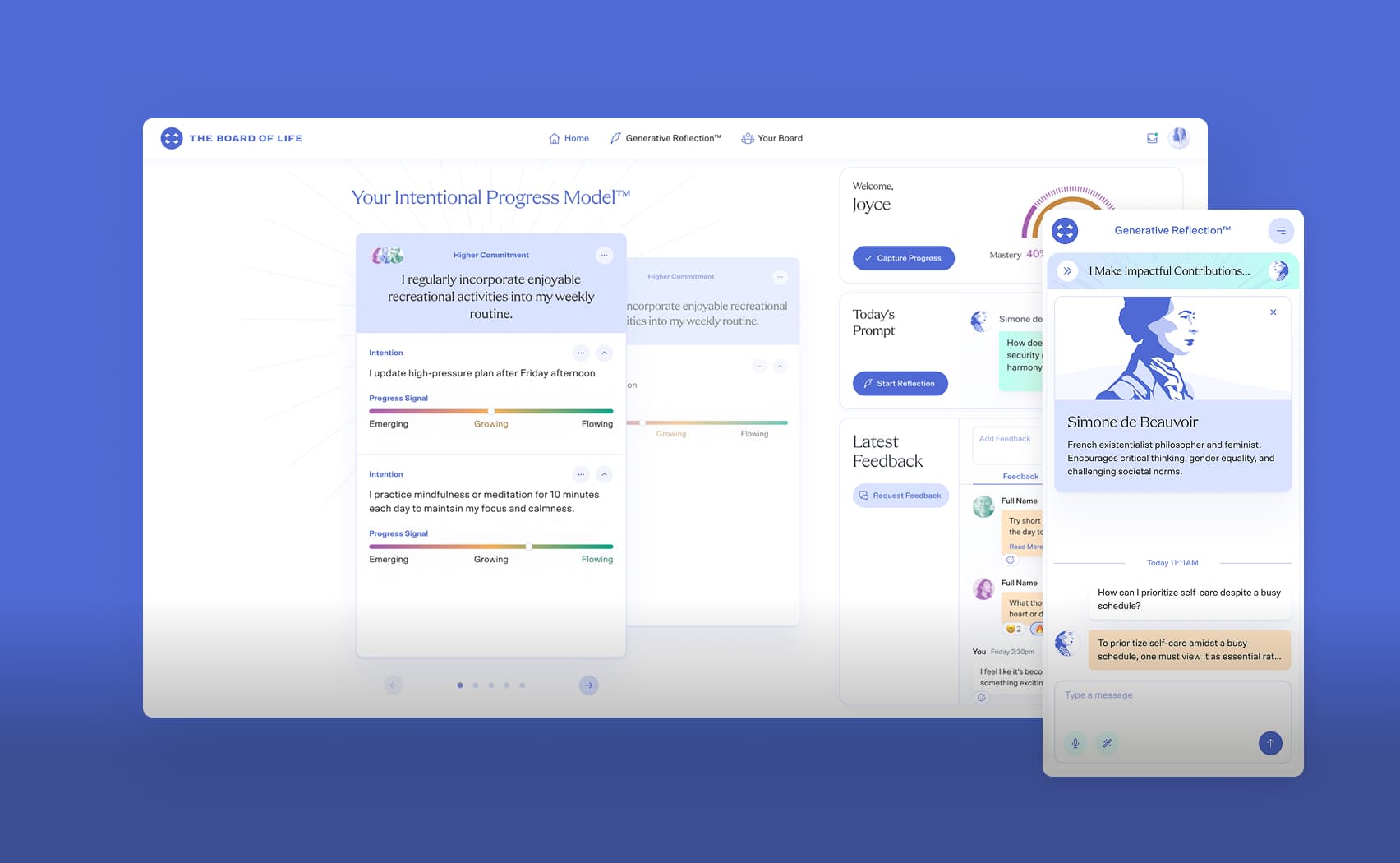Why Managing Turnover is an Art
Although it can be sad to see a good employee leave, turnover is a normal and unavoidable part of managing a business. People come and go for a variety of reasons.
Turnover is something to be managed, not avoided. The goal should be to maintain as much continuity as possible throughout operations. In doing so, you can protect client interests and deliver the best service or product possible.
Some businesses go through more turnover than others. The average amount is 18% of employees per year. But many businesses go through far more than that, and this can cause problems.
When managing turnover, there are some key points to consider:
- Dealing with turnover is an art.
- Some level of turnover is expected.
- Policy should enhance continuity and client satisfaction.
- Hiring should never stop.
- You should be transparent about why people leave.
- Managing turnover is crucial for company culture.
Dealing with turnover is an art
In management as in art, there is no one rule for success. There are many reasons for people coming and going, and there is no way to address them all in one stroke.
Instead, a good strategy is to engage in practices that will reduce the likelihood of turnover across the board. This includes paying employees a good salary, providing ample benefits, and maintaining a positive work culture.
Employees may leave because they dislike their workplaces. About one-third of US workers are considering quitting, and they cite a toxic work environment as their top issue. Dealing with turnover, then, comes down to cultivating a positive workplace, which is an art in and of itself.
Some level of turnover is expected
People come and go all the time, even with the best companies on the planet.
Sometimes turnover is due to uncontrollable life events, like health problems or family emergencies. There is nothing a business can do to prevent this. The war in Ukraine forced us to move our overseas team out of Russia, and in the process some employees stayed behind.
Employees also leave because they find a role elsewhere that pays more or makes better use of their talent. Again, this happens even with the best companies. People leave Google for Microsoft, and vice-versa. It is normal for employees to occasionally leave for this reason, but not for waves of them to leave all at once.
If many employees all leave at the same time, this could be a bad sign that there is a systemic issue in your company causing people to leave. You can try to find out what it is through exit interviews.
Company policy should enhance continuity and client satisfaction
Turnover is a major cause of discontinuity. Old employees take their workplace knowledge with them, and new workers need to be trained. The resulting discontinuous period can cause all sorts of problems. For example, the new employee may not understand a project as well as the previous one, leading to software being designed incorrectly.
To avoid this, it is important to establish continuity over turnover events. As part of exit policy, leaving workers can create write-ups of the projects they are working on, and how new workers should treat them. This may not always be possible, but where it is it should be a priority.
Discontinuity can be minimized. If it is, then turnover poses a smaller threat to client satisfaction.
Hiring should never stop
Hiring is complicated and time-consuming. Starting and stopping hiring repeatedly only makes the problem worse. And you never know when someone will suddenly leave, forcing you to start hiring all over again.
If your business is growing, it always makes sense to keep hiring. As long as you focus on hiring high quality candidates, you will be able to find a good use for them.
Be transparent about why people leave
Rumors spread quickly, and people might get the wrong idea why someone left.
If they left for a benign reason, it is worth it to let people know. Of course, the employee’s privacy should be respected. A general explanation, like changing career, is often enough.
But if an employee leaves because of a problem with company culture, that calls for an open discussion with your employees. Chances are some of them already know and share similar concerns. Having an open discussion gives employees the opportunity to voice complaints and readjust company policy, so that similar problems won’t happen in the future.
Managing turnover is crucial for company culture
There are companies where workers come and go an a weekly or monthly basis. Their workplaces cannot establish any sort of long-term culture, and what culture they do have is often characterized by apathy. Workers don’t see a need to do a stellar job for a company they will leave next month.
Having a reliable workforce that changes gradually, over the course of years, creates conditions for more stable company culture. This means fighting apathy and creating an environment where people want to go to work.
Managing turnover introduces a positive feedback loop. When people are satisfied with their jobs, they stay longer, creating more commitment to the company and a better work environment. This better work environment makes people happier with their jobs, so they wind up staying longer.
Conclusion
Like the changing of the seasons, employee turnover is something to adapt to, not to eliminate. Businesses should strive to retain workers as much as possible, while keeping in mind that people can and will leave for perfectly valid reasons.
Given that people will leave, it is important to develop ways to establish continuity across employee turnover. Doing so leads to smoother transitions and better delivery.
Promoting good company culture will have positive effects in many ways, but especially in reducing turnover. People will want to keep working at a place where they feel respected, where they are compensated fairly, and where they feel their skills are being put to good use.
JetRockets experiences turnover just like any other business. While the war in Ukraine was a shock to our workforce, we have made adjustments and have had virtually no turnover since then. But we are preparing for the future by continuing hiring, being transparent, and promoting a positive company culture.



